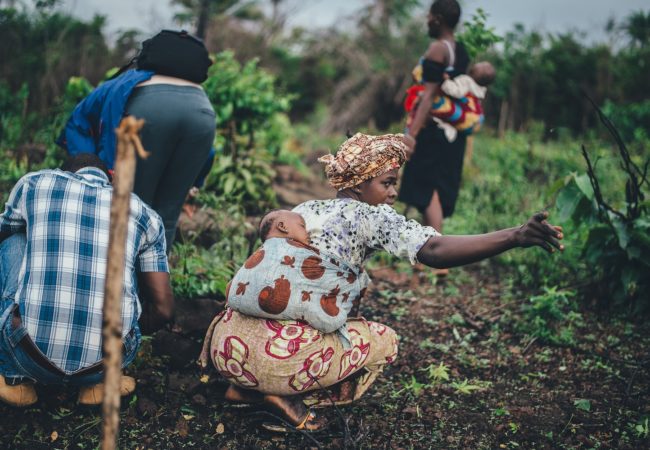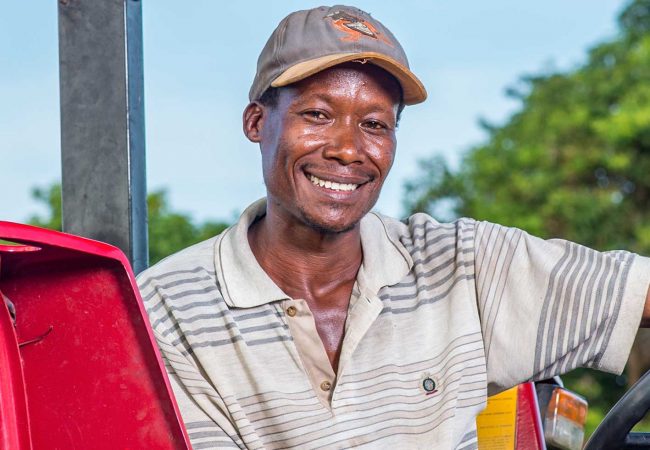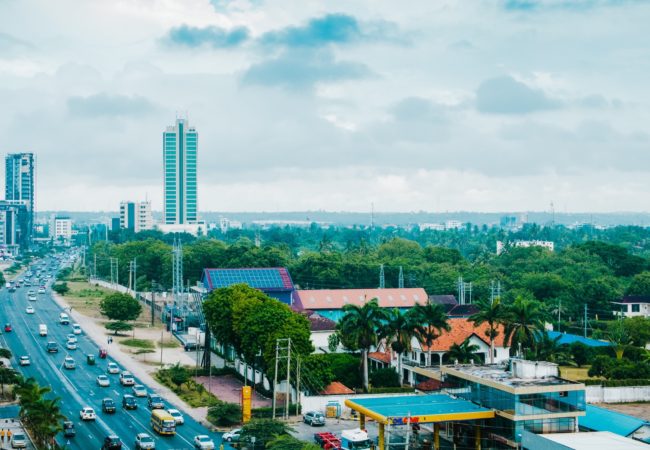What was the issue?
The agriculture sector has received little attention from the African governments as reflected in the budget allocation, albeit its importance in the fight against poverty and for economic transformation. To reverse the trend, African governments made a pledge to earmark at least 10% of their budget to agriculture sector—often dubbed as Malabo Declaration. However, many governments have not yet delivered their promises. For instance, the Tanzania government still allocates less than 7% of its budget to the agriculture sector. Moreover, there have been legitimate concerns on the way the agricultural budget is spent, particularly in terms of serving the needs of marginal smallholder farmers such as women and youth farmers. The important question is thus what approaches could be pursued to elevate the voice of smallholder farmers so that their interests could be better protected?
What process was used to ensure Smallholder Voices (SHV) were heard by policy makers?
Oxfam has been working towards raising smallholder farmers’ voices in order to ensure that the Tanzania government allocates budget to the agricultural sector as per the Malabo declaration and takes measures to improve the way the agricultural budget is spent. More specifically, it has provided capacity building trainings to individual smallholder farmers and farmers’ associations. It has also organized annual meetings that have brought together smallholder farmers, national and local governments and CSOs to deliberate on some of the pressing agricultural issues. In addition, Oxfam has hosted Female Food Hero competition that has brought a special group of women smallholder farmers recognized for championing agricultural activities in their communities. The purpose of the competition is to turn outstanding female farmers into national celebrities, which might afford them the leverage needed to effectively engage with policy makers. Furthermore, Oxfam has undertaken research on the trends of agricultural budget and on the way the budget is used to provide inputs to smallholder farmers’ advocacy work.
What was the outcome of this process?
Preliminary analysis revealed that the approach pursued has contributed to the following positive outcomes: smallholder farmers are now better equipped with budget advocacy knowledge, tools and skills to assess and document their experiences in accessing social services. In addition, politicians have publicly made commitments to improve the agricultural budget in part due to the advocacy work done by Female Food Heroes and other smallholder farmers.
What key lessons can be learnt? Is this process replicable?
The following features of the process pursued have played significant role in bringing about the positive changes observed:
- i) building capacity of individual farmers and farmers’ associations;
- ii) generating empirical evidence that would support farmers’ policy advocacy work;
- iii) creating platforms that bring together key stakeholders.
These features of the process can be easily replicated in the many parts of Africa and used to elevate the voice of smallholder farmers, thereby improving their lives.
Is this process sustainable? What is the latest assessment of the impact of this process?
There is a high chance that the momentum could be sustained since the process puts smallholder farmers—who are the primary beneficiaries—at the center of the policy advocacy. With their capacities built and continued updating of empirical evidence needed for productive engagement with policy makers, more positive outcomes can be expected.
Download Case Study




0 Comments